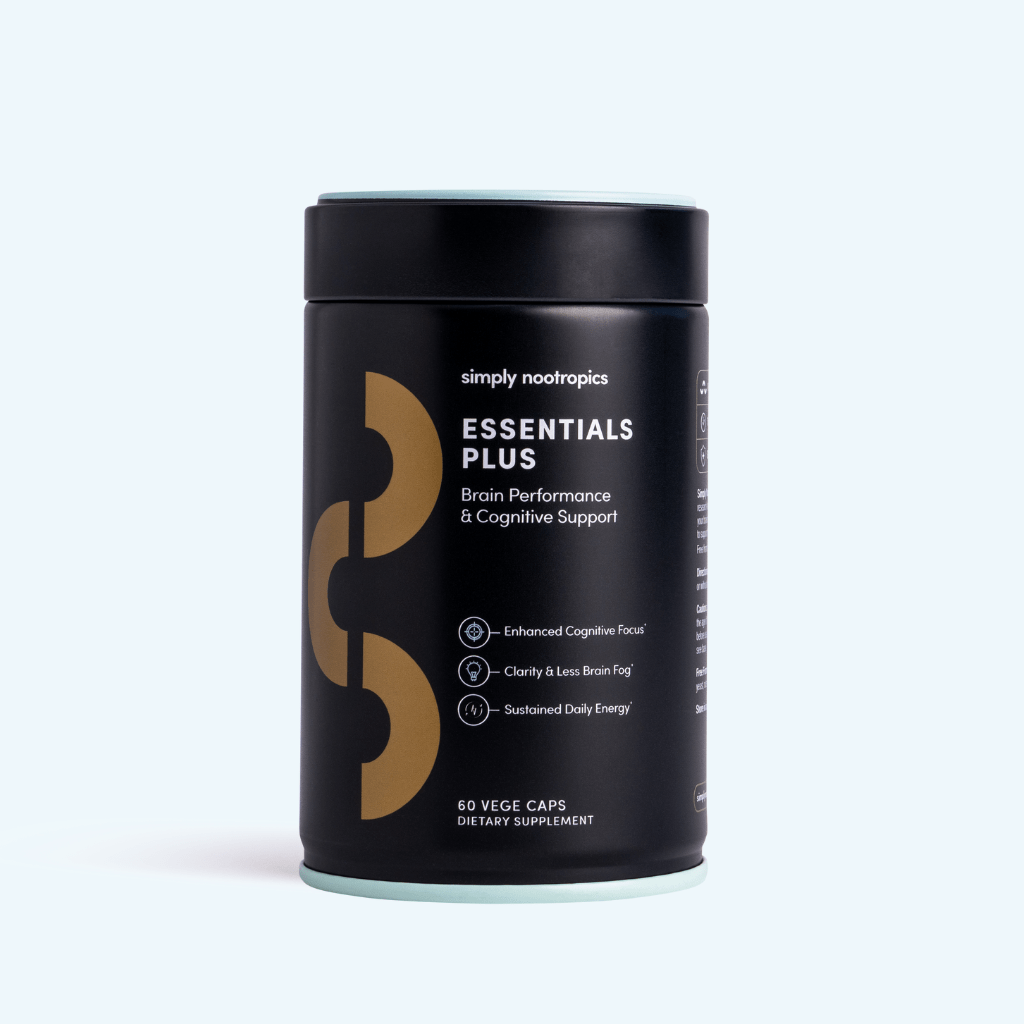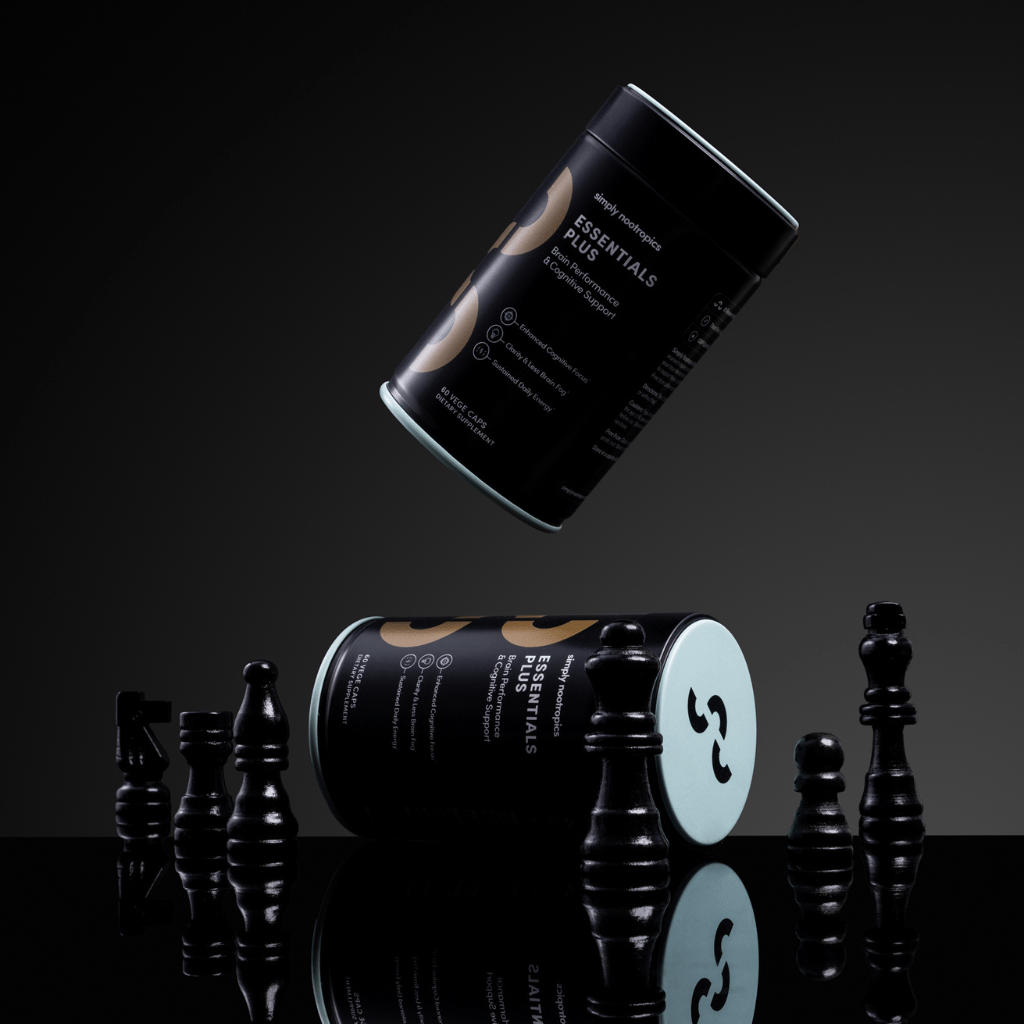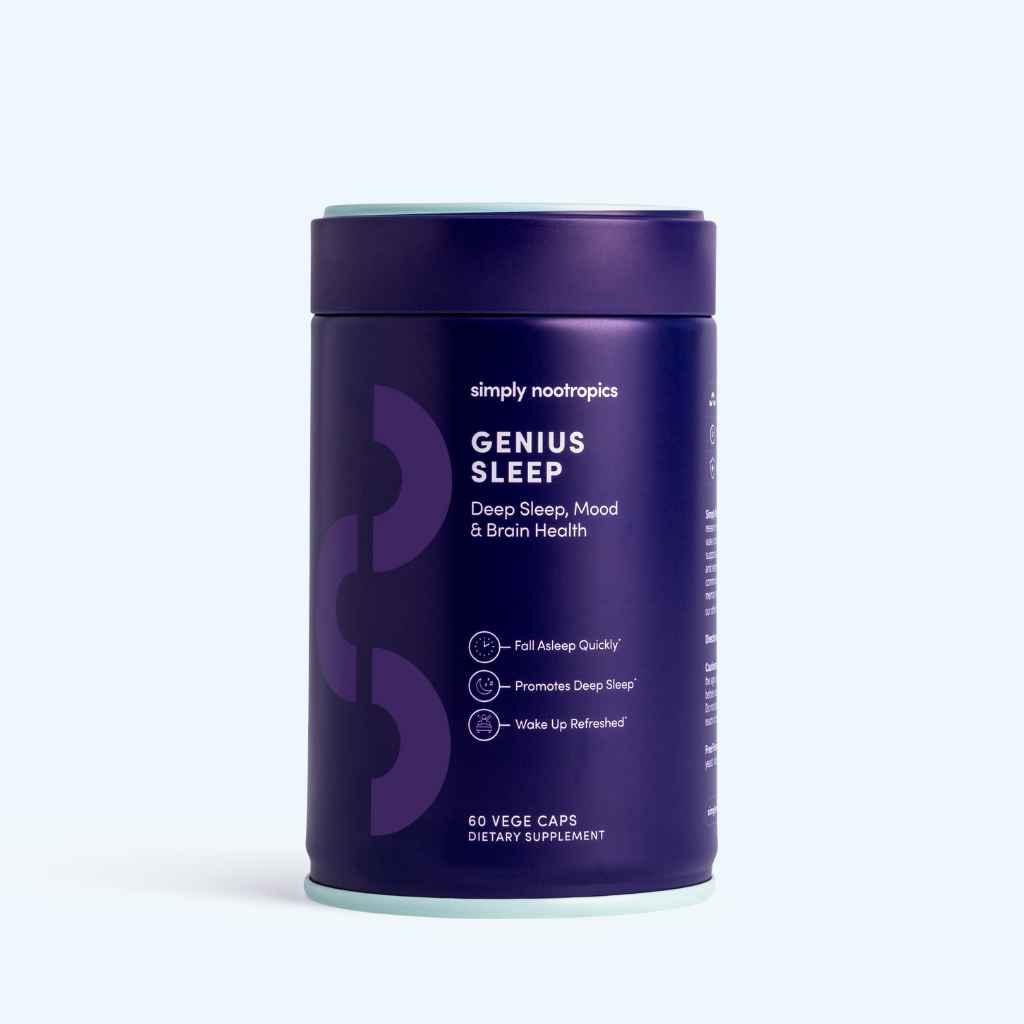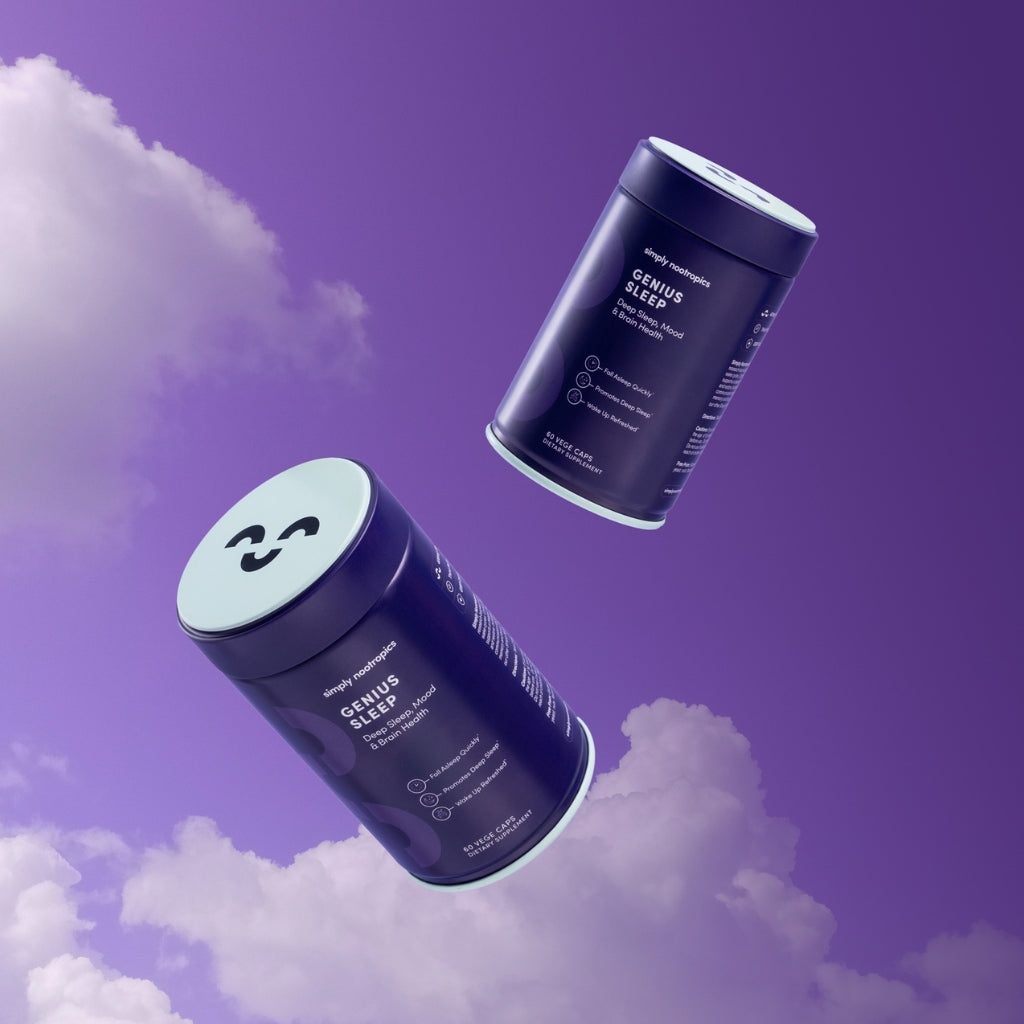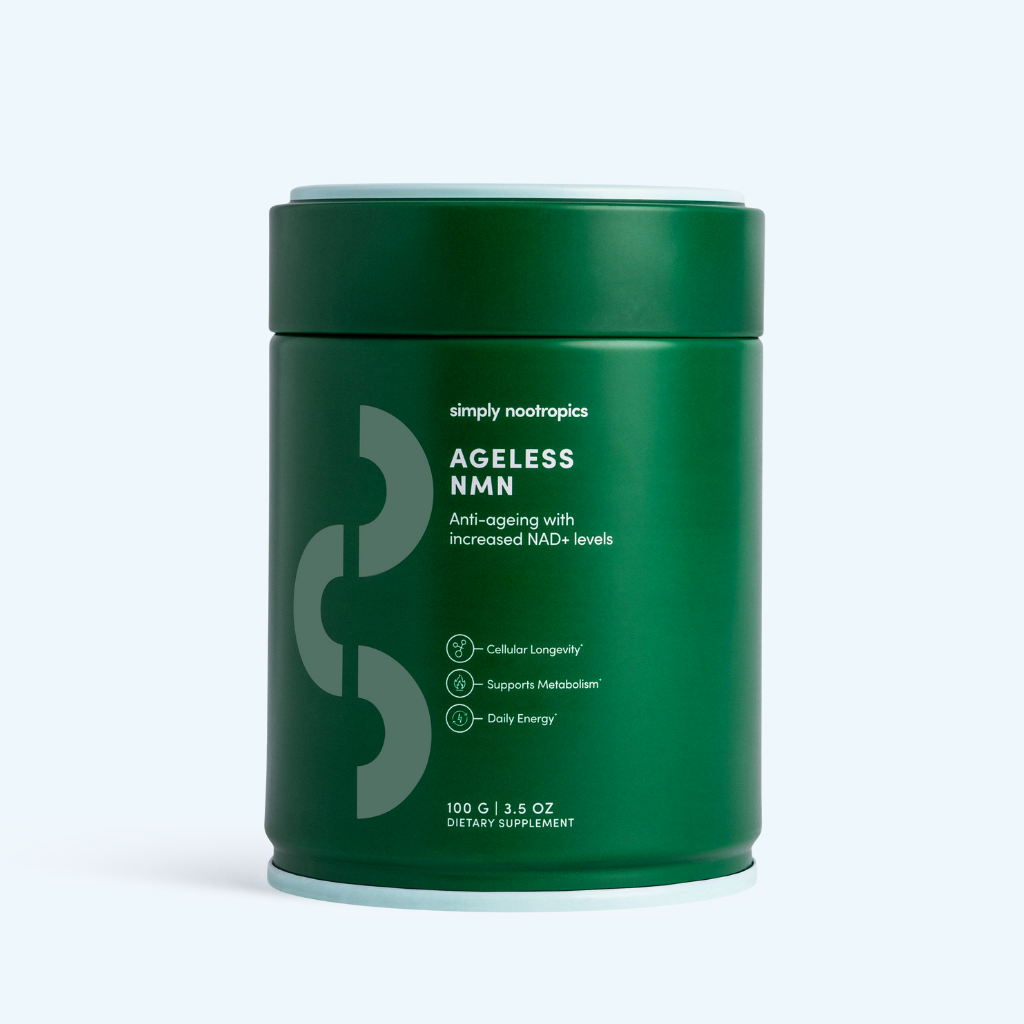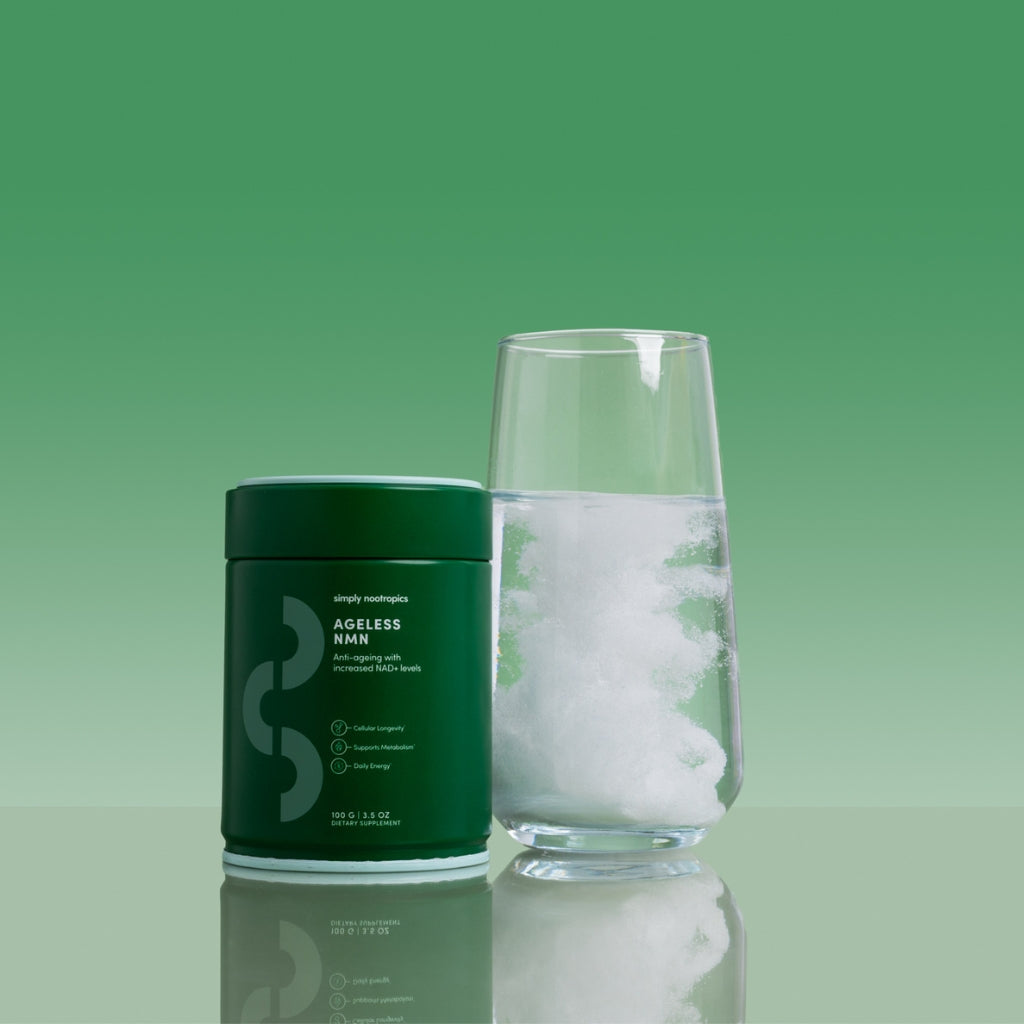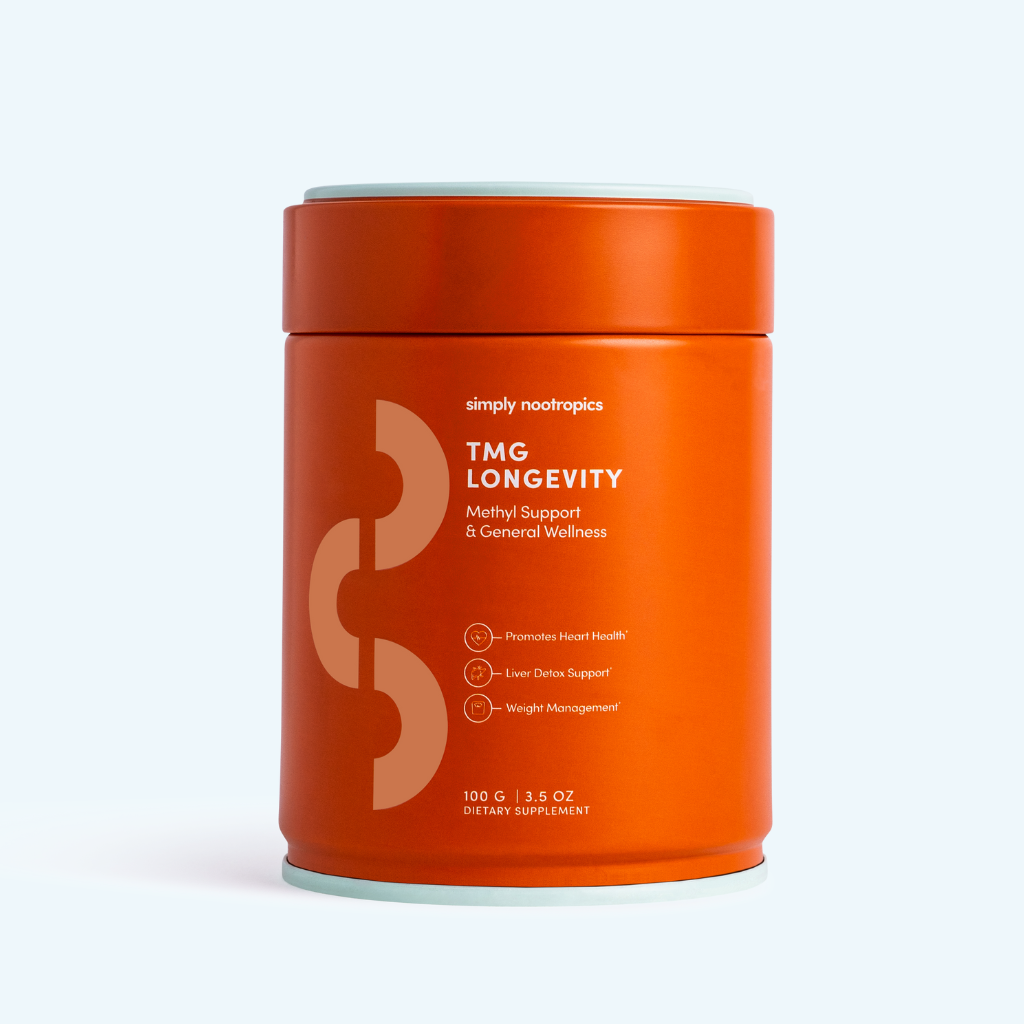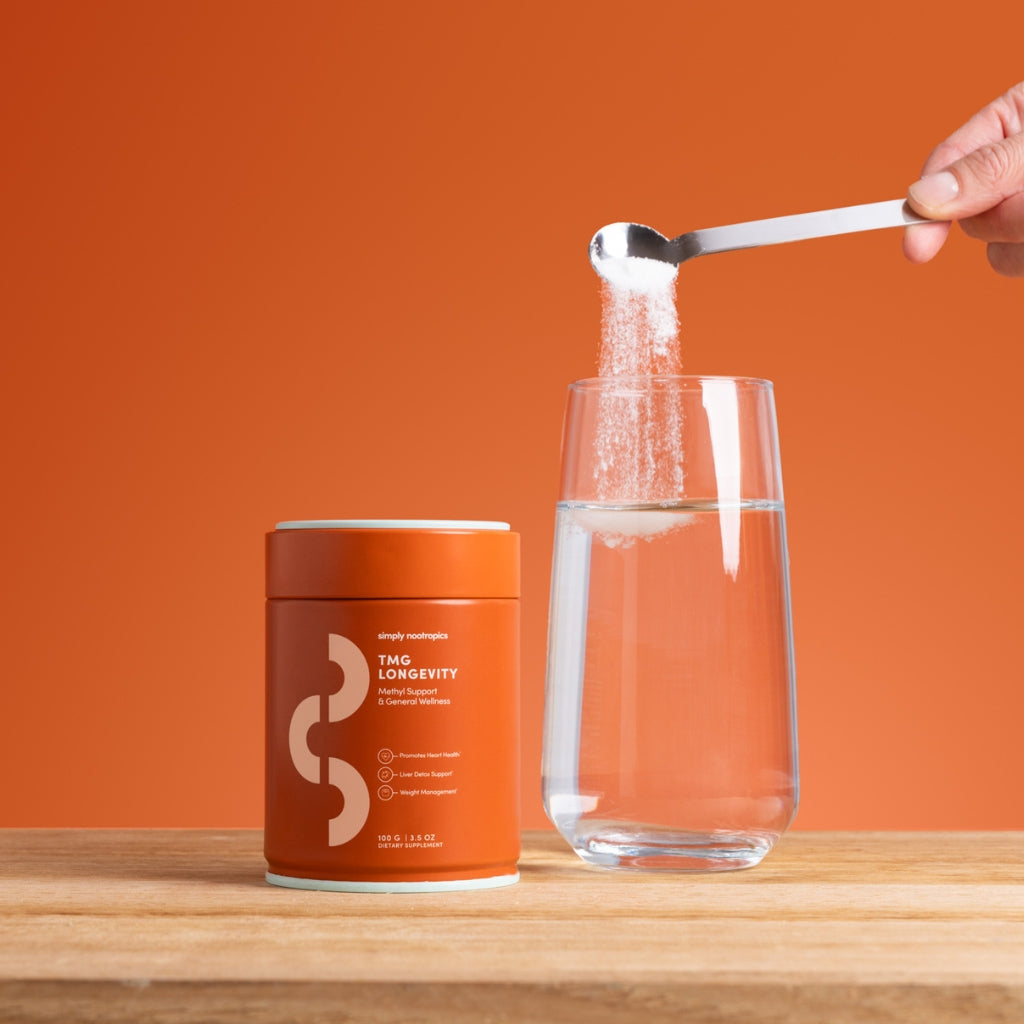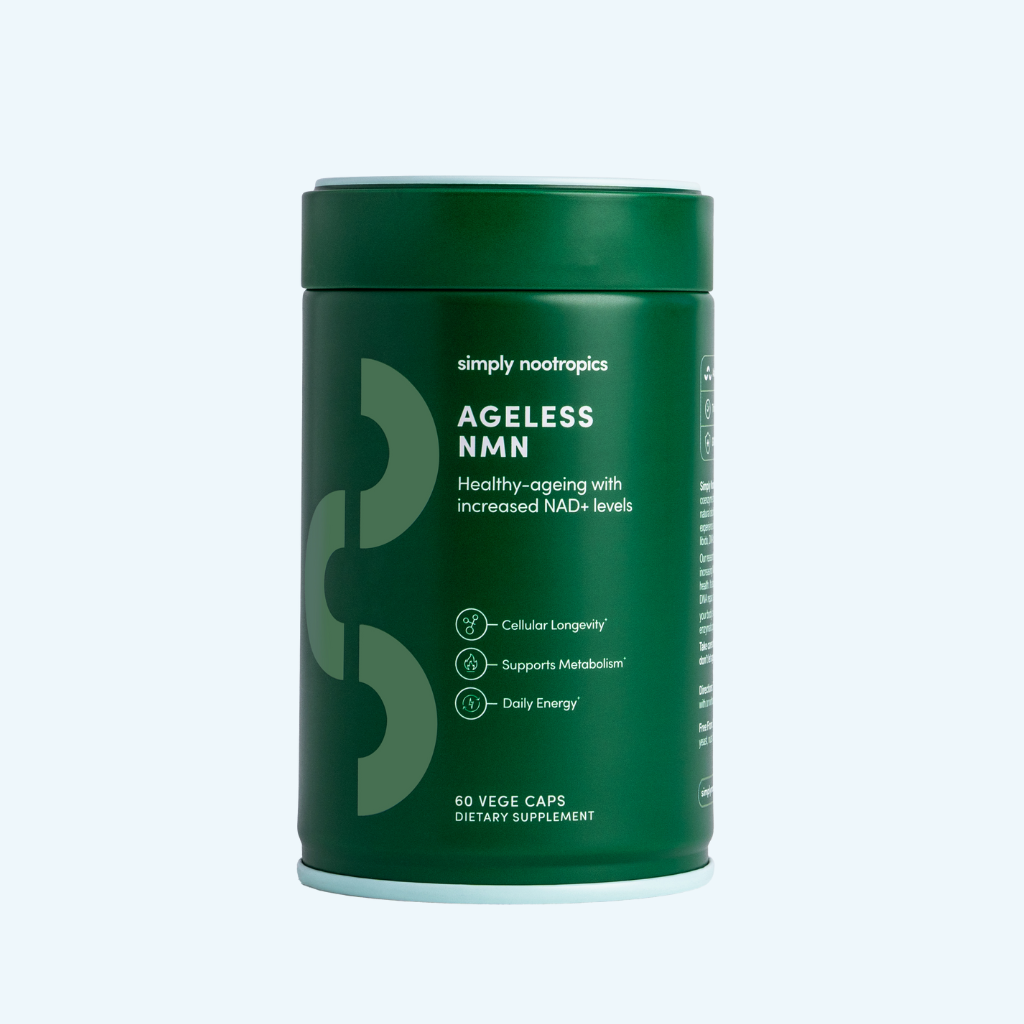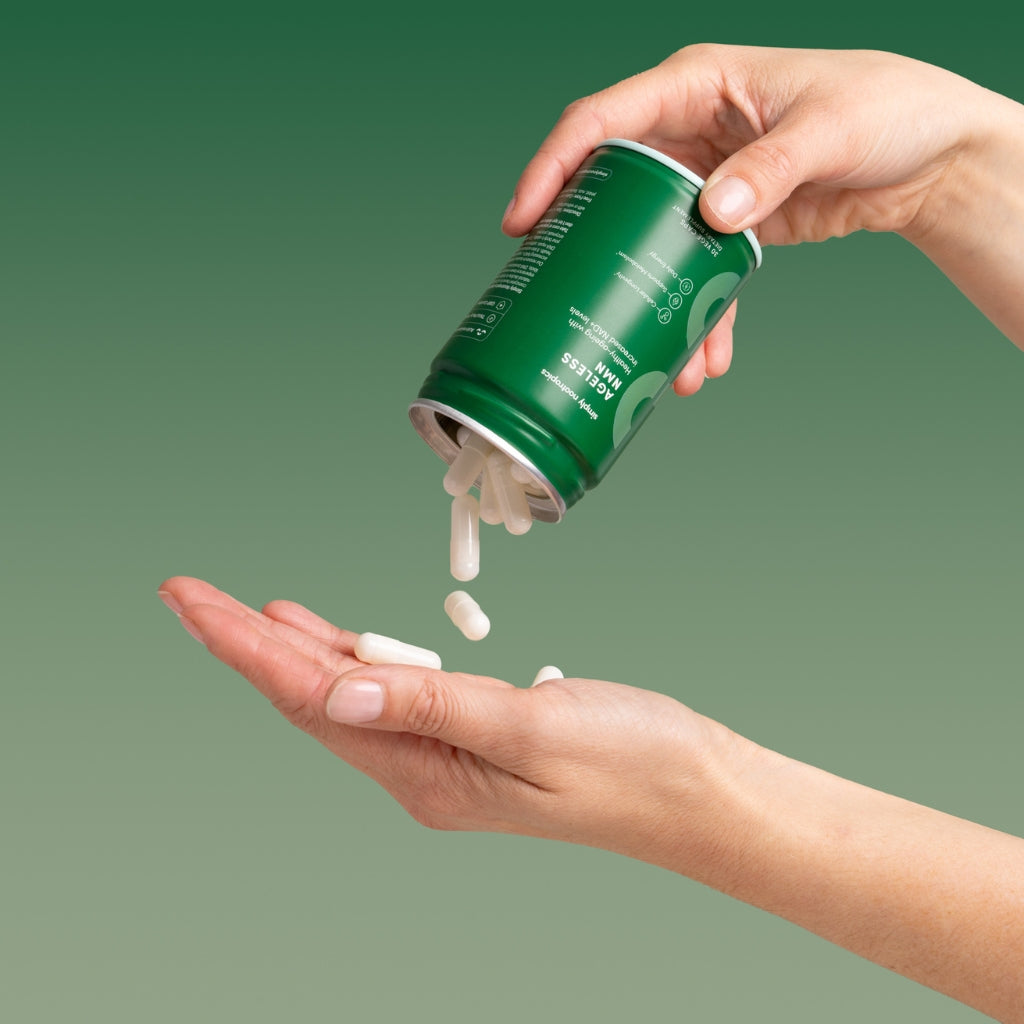Some weeks, the research is sobering, like news that one of the world’s oldest diseases is becoming harder to treat. But there’s also room for optimism: we’re learning more about what helps people stay sharper with age, how to separate hype from real risk in sports health, and why mushrooms like reishi are gaining new scientific credibility. Here's what's happening this week in longevity science.
-
The Ancient Disease Outwitting Modern Medicine
Tuberculosis (TB) might sound like a disease from another era, but it’s very much alive, and evolving. A new study reveals that TB is now adapting in ways that make our most advanced antibiotics less effective. The bacteria responsible for TB have developed a clever mechanism: they’re breaking down the antibiotics inside their cells before the drugs can do any real damage.
This isn’t your typical resistance. Researchers found that the bacteria use a type of enzyme to degrade drugs like bedaquiline, one of the key medicines developed to combat drug-resistant TB. That means the bacteria don’t just block the drug’s effects, they dismantle the drug itself before it can act. And because this mechanism doesn’t leave typical resistance markers, it’s likely been missed in routine lab testing.
This new resistance strategy threatens to undermine global TB control, especially in regions already struggling with limited healthcare access. As bacteria become better at slipping past our defences, the burden of infectious disease in ageing populations could rise again, bringing with it complications like chronic inflammation, reduced mobility, and poorer quality of life.
Why it matters for longevity: TB remains one of the world’s deadliest infectious diseases, especially in lower-income regions. If these resistance patterns spread, they could complicate efforts to control outbreaks and extend healthy lifespans across global populations. This research is a stark reminder that the fight against microbial ageing (yes, microbes age too) is closely tied to our own.
-
Older Women Outperform in Multitasking
It turns out your gran might have a cognitive advantage when it comes to juggling tasks. New findings from the University of Tsukuba, Japan, suggest that older women actually outperform younger women, and older men, on multitasking assessments. The research, which focused on adults aged 18 to 80, found that postmenopausal women, particularly those with higher education levels, demonstrated better executive control in switching between tasks.
The researchers were initially surprised by the results, but a deeper look at participants' backgrounds offered clues. Many of the older women had lived lives of high cognitive demand, juggling caregiving, careers, and unpaid domestic labour over decades. Far from draining them, this lifelong “mental load” may have trained their brains to handle chaos with precision.
This goes against the often-unquestioned narrative that ageing equals inevitable decline. The study adds to a growing body of evidence suggesting that experience, environment, and lifelong engagement may be just as important as biology when it comes to maintaining cognitive function.
Why it matters for longevity: Cognitive resilience, especially in later life, is a key marker of healthy ageing. Understanding how life experience influences brain function could help shape smarter strategies for brain health, from education policy to supplement protocols. It also reframes the conversation around “decline” by highlighting areas where age may actually bring unexpected strengths.
-
Are the Dangers of Contact Sports Being Overstated?
Brain injury in contact sports has been a hot-button issue for years, especially with high-profile cases in rugby, American football, and boxing. But a new meta-analysis suggests the risk might not be as universal, or as inevitable, as headlines imply.
The researchers looked at over 40 years of data and found that while repetitive, high-impact trauma is indeed a serious concern in some elite athletes, the broader picture is more complex. Many players experience no measurable cognitive decline, and in some cases, participation in sport is associated with improved mental and physical health.
This doesn’t mean the risks don’t exist, it means we need a more nuanced approach. Genetics, age of first exposure, recovery protocols, and even inflammatory markers may all shape how an individual responds to head impact over time.
Why it matters for longevity: Fear-based messaging can deter people from staying active as they age, even though regular movement is one of the best things you can do for long-term brain health. This study reminds us that the conversation around risk should be balanced by context and individual factors, not sensational headlines.
-
Reishi Mushrooms: Old Remedy Turned Focus of Modern Research
Used in traditional Chinese medicine for centuries, reishi mushrooms (Ganoderma lucidum) are now being taken seriously in modern labs, and the results are promising. New reviews are showing that reishi may support immune function, reduce inflammation, and improve sleep quality, especially in people dealing with chronic fatigue or stress-related symptoms.
Reishi contains a unique mix of bioactive compounds, including polysaccharides and triterpenes, which seem to work as adaptogens, helping the body respond more effectively to physical and psychological stress. Unlike stimulants or sedatives, reishi appears to work in a regulatory way, nudging systems toward balance.
Why it matters for longevity: Poor sleep, low immunity, and chronic inflammation are three major contributors to accelerated ageing. A daily dose of reishi (often around 400mg in supplement form) may offer gentle but meaningful support in keeping those systems resilient. And as more of us explore non-pharmaceutical options for mental clarity and recovery, fungi like reishi are stepping into the spotlight. If better sleep is part of your long-term health plan, Simply Nootropics Genius Sleep combines key adaptogens, including reishi extract, to help support deeper rest and smoother recovery. Because when sleep improves, so does everything else.



